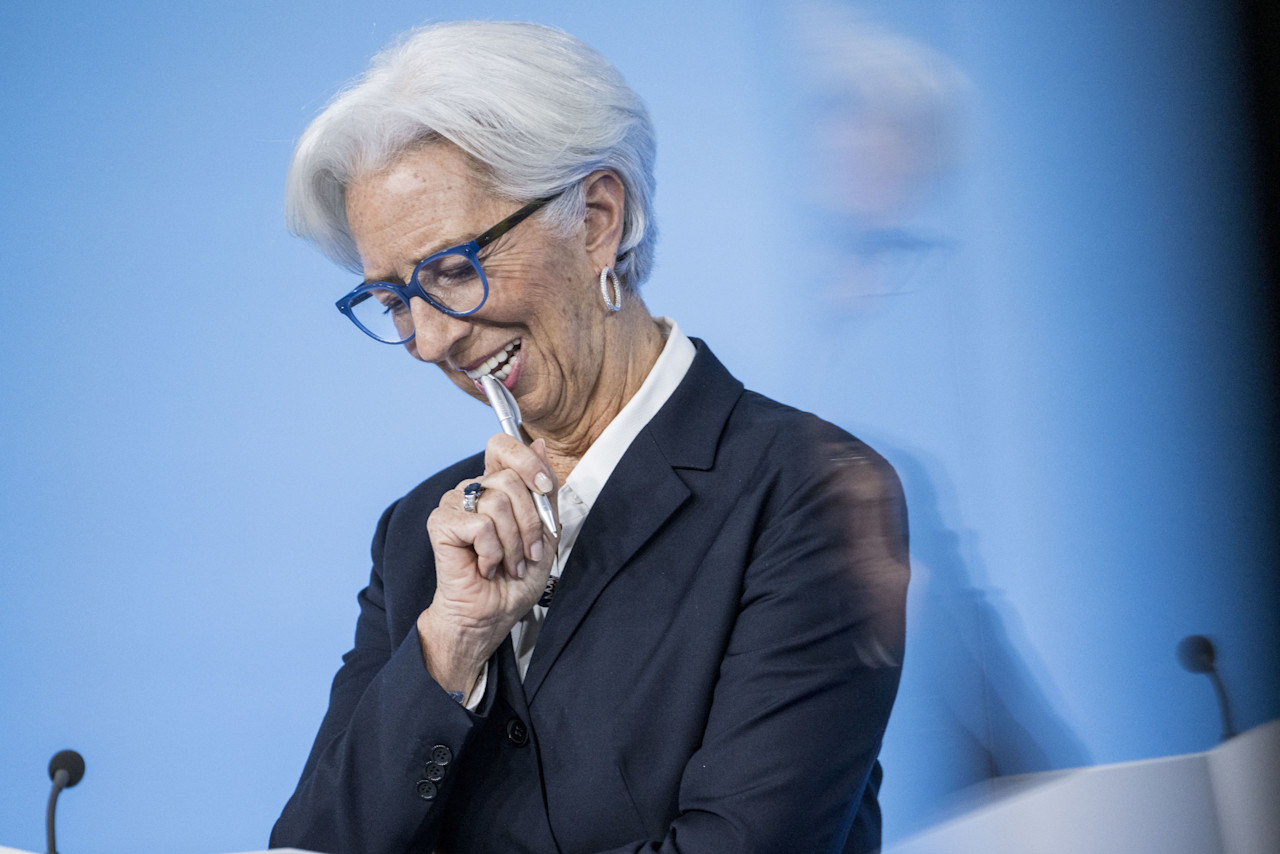

French bonds under pressure: Our view
France’s turmoil is no longer just political. It’s shaking the French bond market and pushing yields to new highs. We asked our macro strategist Rikkert Scholten for his view.
概要
- French bond spreads have widened sharply, even trading above Italy
- Political deadlock raises downgrade risk and keeps debt costs rising
- We remain underweight France, favoring opportunities in other eurozone markets
With spreads widening sharply against Germany and, unusually, even against Italy, markets are reassessing France’s risk profile. Against this backdrop, our macro strategist Rikkert Scholten shared his perspective on what’s driving the moves, the risks ahead, and how we are positioned.
There’s been a lot of talk about ‘cracks’ in bond markets recently. Do you see what’s happening in France as one of those cracks?
“There is definitely unrest in the French bond market. The core issue is the political deadlock: France now has its fifth Prime Minister in two years. The new PM, Le Cornu, faces the same challenge as his predecessor, that is finding a compromise on the 2026 budget. The earlier EUR 44 billion austerity plan looks unrealistic, so a smaller package of around EUR 20 billion is more likely. That would lower the deficit to roughly 5%, but it’s uncertain whether an agreement on the budget is possible and if rating agencies will find that sufficient to avoid further downgrades. In recent weeks, spreads over Germany widened by about 20 basis points, underlining how quickly markets have reassessed France’s fiscal risks.”
So France is stuck in a deadlock, what are the fiscal implications?
“Compromises need to be found to come to a better fiscal outlook, but the willingness to compromise is very low. This means we remain in the situation where there are budgets being proposed and reform plans being proposed but there's just no willingness to accept those reforms. As long as that is the case, French government debt will continue to grow and the interest payments on the debt will increasingly become a burden. I think that is the essence of the story. And as those interest payments become a growing problem, there's less room to finance other plans. And, that presents a situation where there are few options for new initiatives.”
Could France’s turmoil spill over to other eurozone sovereigns?
“Today, the 10-year spread of Italian government bonds over Germany was lower than the French spread. That is significant because for a long time, Italian bond spreads have traded above France. Of course, if there's unrest in such a big country in the eurozone, it can have implications for other bond markets. We've seen that happening in the past. Italian, Spanish, or Greek bonds can see spreads widen on the back of a sell-off in French OATs (French government bonds). However, lately France has been treated more as an isolated case. I expect this to continue. Firstly, because we have seen fiscal improvement in Greece, Spain and to some extent in Italy. But also because Europe is growing together. It has to work together to be able to withstand pressures from Russia and to be able to find an answer to policies formulated in the White House. So you should see willingness to cooperate within Europe.”
信貸投資的新動態
訂閱我們的電子報,緊跟最新的信貸投資趨勢。
Does that isolation make France more vulnerable?
“French bonds risk becoming more isolated within the eurozone, but the real pressure point is debt financing costs. France is too important for Europe to be abandoned, but the ECB won’t step in to support French bonds immediately. Doing so would create moral hazard. For now, France remains on its own.”
From an investor perspective, does this turmoil create value opportunities?
“Not yet. At some point, OATs could offer value, but we don’t think current spread levels are attractive enough. We have long been underweight France, actively trading the position. As OAT spreads widened, we trimmed some of the underweight ahead of the no-confidence vote. Still, we remain underweight France and overweight Greece, Spain, Italy, and EU bonds, viewing this as a specific French problem rather than a broader eurozone issue. Given the current uncertain conditions, further spread widening would be needed before we see real value.”
Important information
The contents of this document have not been reviewed by the Securities and Futures Commission ("SFC") in Hong Kong. If you are in any doubt about any of the contents of this document, you should obtain independent professional advice. This document has been distributed by Robeco Hong Kong Limited (‘Robeco’). Robeco is regulated by the SFC in Hong Kong. This document has been prepared on a confidential basis solely for the recipient and is for information purposes only. Any reproduction or distribution of this documentation, in whole or in part, or the disclosure of its contents, without the prior written consent of Robeco, is prohibited. By accepting this documentation, the recipient agrees to the foregoing This document is intended to provide the reader with information on Robeco’s specific capabilities, but does not constitute a recommendation to buy or sell certain securities or investment products. Investment decisions should only be based on the relevant prospectus and on thorough financial, fiscal and legal advice. Please refer to the relevant offering documents for details including the risk factors before making any investment decisions. The contents of this document are based upon sources of information believed to be reliable. This document is not intended for distribution to or use by any person or entity in any jurisdiction or country where such distribution or use would be contrary to local law or regulation. Investment Involves risks. Historical returns are provided for illustrative purposes only and do not necessarily reflect Robeco’s expectations for the future. The value of your investments may fluctuate. Past performance is no indication of current or future performance.

























